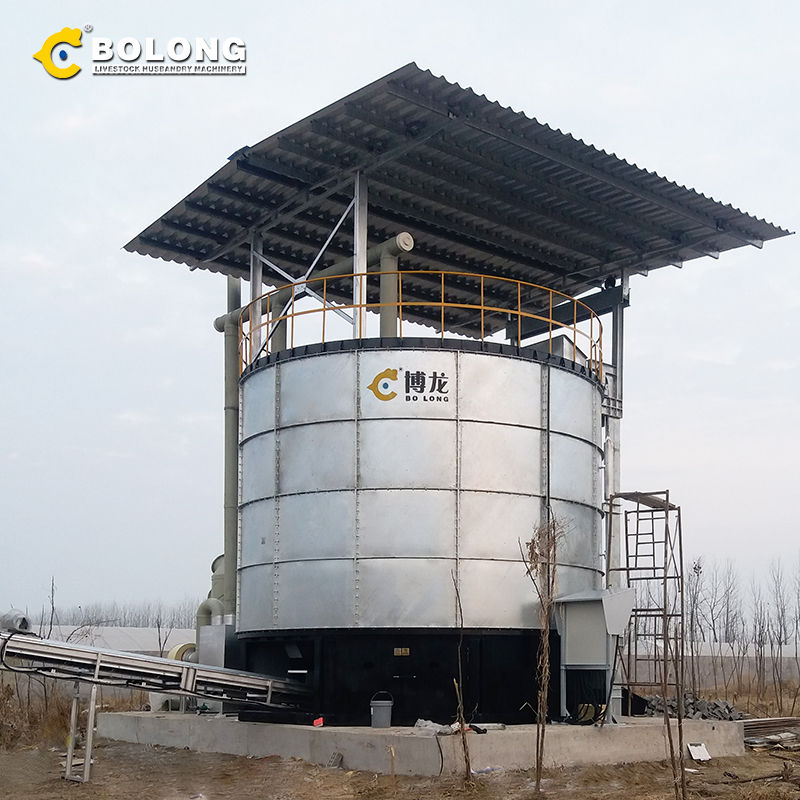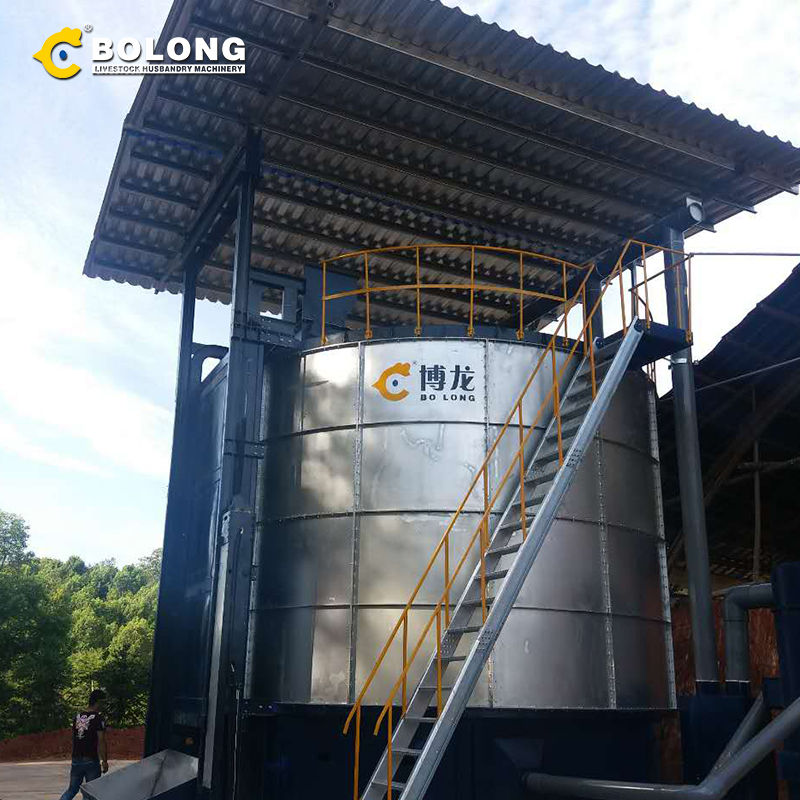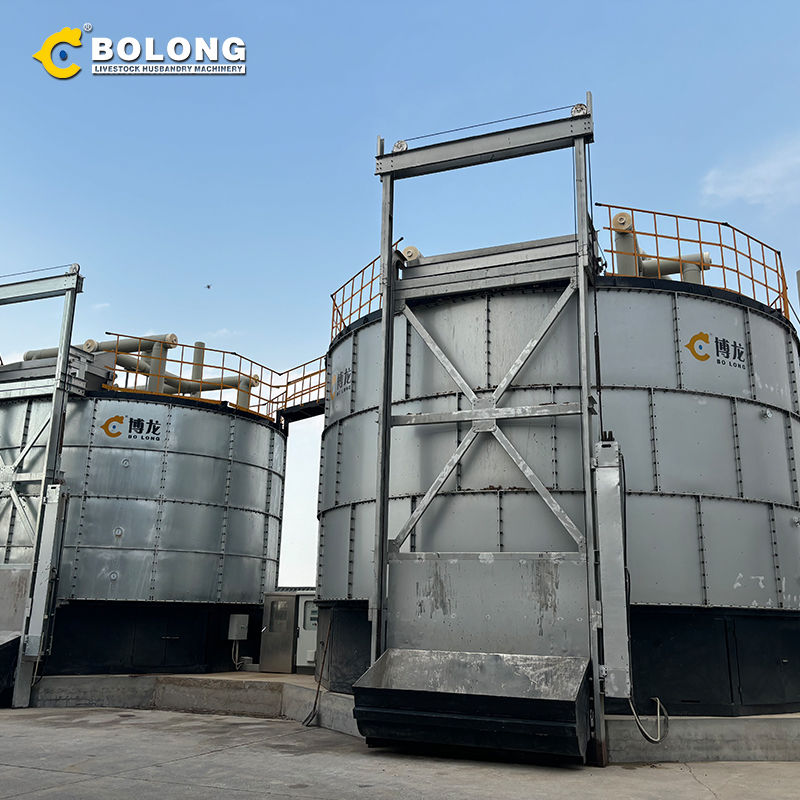In the dynamic realm of environmental sustainability, composting machines have emerged as versatile assets, with potential stretching far beyond traditional animal husbandry. Their capacity to transform organic materials into valuable resources positions them for diverse cross – industry applications.
1.1 Processing Biodegradable Industrial By – products
Industries like food and beverage generate significant biodegradable by – products. For example, breweries produce spent grains, and juice manufacturers have fruit pulp waste. Composting machines can be customized to handle these materials. By regulating temperature, humidity, and aeration, they break down biodegradable components into nutrient – rich compost. This reduces industrial waste volume and creates a resource for on – site garden soil amendment or leased agricultural fields.
1.2 Treating Biodegradable Packaging Waste
As sustainable packaging gains traction, industries face the challenge of disposing biodegradable materials. Composting machines offer a solution. They can decompose polymers in corn – starch – based plastics. In industrial settings, large – scale machines handle high – volume packaging waste. The resulting compost can be used in sustainable building materials or for large – scale landscaping near industrial complexes.
1.3 Handling Organic Sludge from Industries
Certain industries, such as paper and pulp, produce organic sludge. Composting machines play a crucial role here. The composting process reduces sludge toxicity and turns it into a useful product. By controlling conditions, harmful pathogens and contaminants are neutralized. The compost can be used in land reclamation or fertilizer production.
2.1 Amending Polluted Soils
Soils contaminated with heavy metals or organic pollutants are a major concern. Composting machines can contribute to remediation. Compost made from various organic sources, using these machines, can be added to polluted soils. The organic matter binds to heavy metals, reducing their mobility and harm. Specialized compost blends can be created for specific contaminants.
2.2 Improving Soil Structure in Degraded Areas
In areas affected by erosion, over – cultivation, or deforestation, composting machines can help. The compost they produce improves soil structure by enhancing water – holding capacity, aeration, and nutrient retention. In arid regions, this compost enriches poor – quality soils, promoting plant growth and soil stabilization.
2.3 Rehabilitating Mine – affected Soils
Mining leaves behind nutrient – poor soils with a bad structure. Composting machines can produce compost rich in organic matter and beneficial microorganisms. Applying this compost to mine – affected soils kick – starts rehabilitation. The organic matter binds soil particles, improves water infiltration, and provides nutrients for plant growth, restoring the ecological balance.
3.1 Producing Compost for Urban Gardens
Urban greening initiatives are growing, and composting machines are valuable. There’s a demand for nutrient – rich soil in community gardens, rooftop gardens, and urban farms. Small – scale machines can be installed in community centers or households. They process local food scraps, yard trimmings, and coffee grounds into compost, ideal for urban gardens, reducing synthetic fertilizer use.
3.2 Enhancing Landscape Design with Compost
In urban landscaping, composting machines create high – quality compost for flower beds, parks, and roadside greenery. The compost improves soil quality, suiting various plants. Machines can produce compost with specific nutrient profiles or textures for different landscape designs, enhancing urban aesthetics and sustainability.
3.3 Supporting Urban Tree Planting
Urban tree planting is vital for greening. Composting machines produce compost beneficial for tree growth. It can be used as backfill around new trees or as a soil amendment in established tree pits. The organic matter improves soil aeration, water – holding, and nutrient availability, increasing tree survival and growth, and improving air quality.
4. Summary
In summary, composting machines are highly promising across industrial waste treatment, soil remediation, and urban greening. They convert industrial waste into resources, mitigate pollution, and create economic value. In soil remediation, they offer a sustainable and affordable way to enhance soil quality. For urban greening, they boost aesthetics and environmental sustainability. As technology advances, their efficiency and adaptability will grow. It’s crucial for relevant sectors to recognize their potential and integrate them into strategies, driving towards a more sustainable future.


